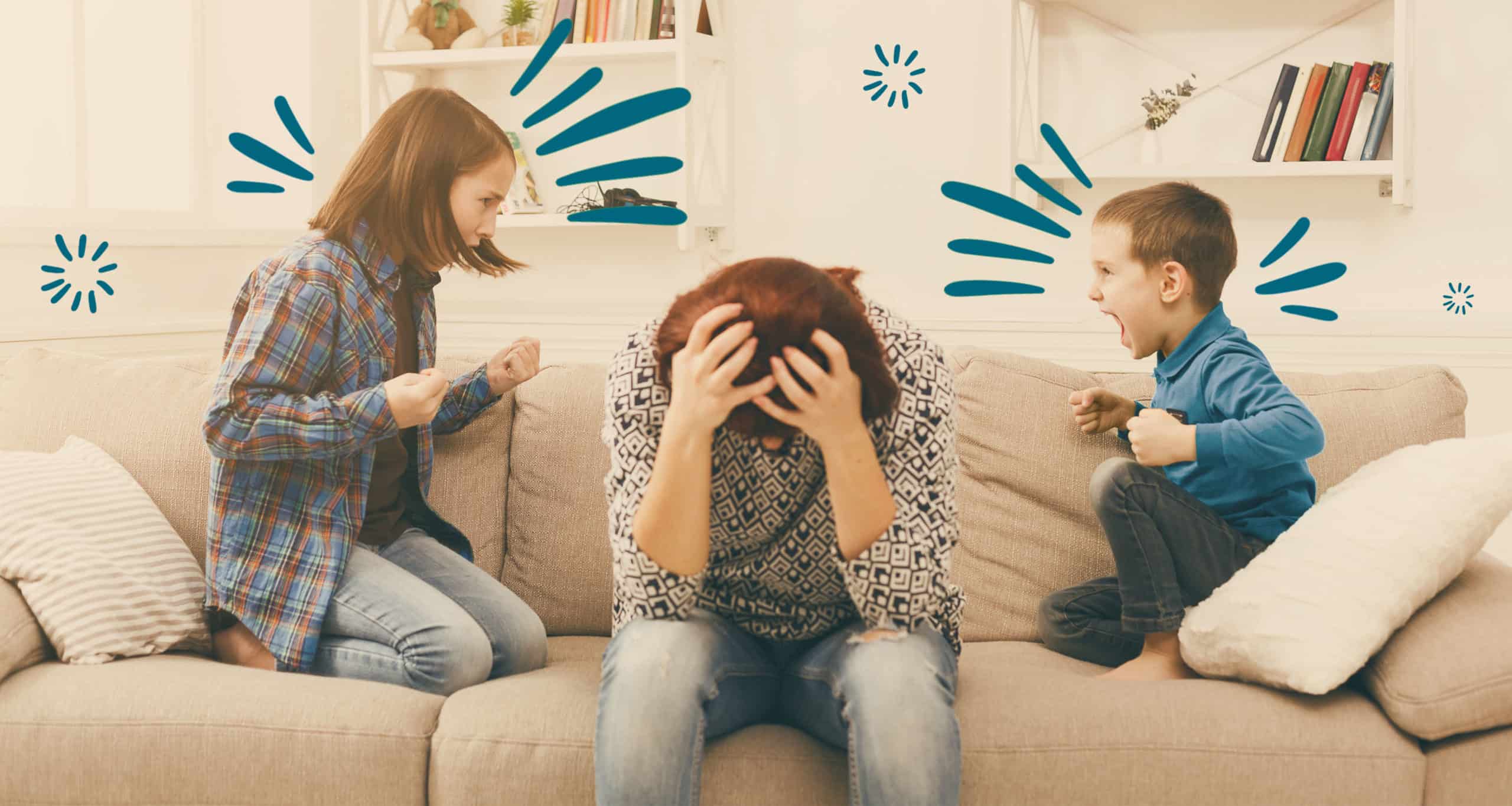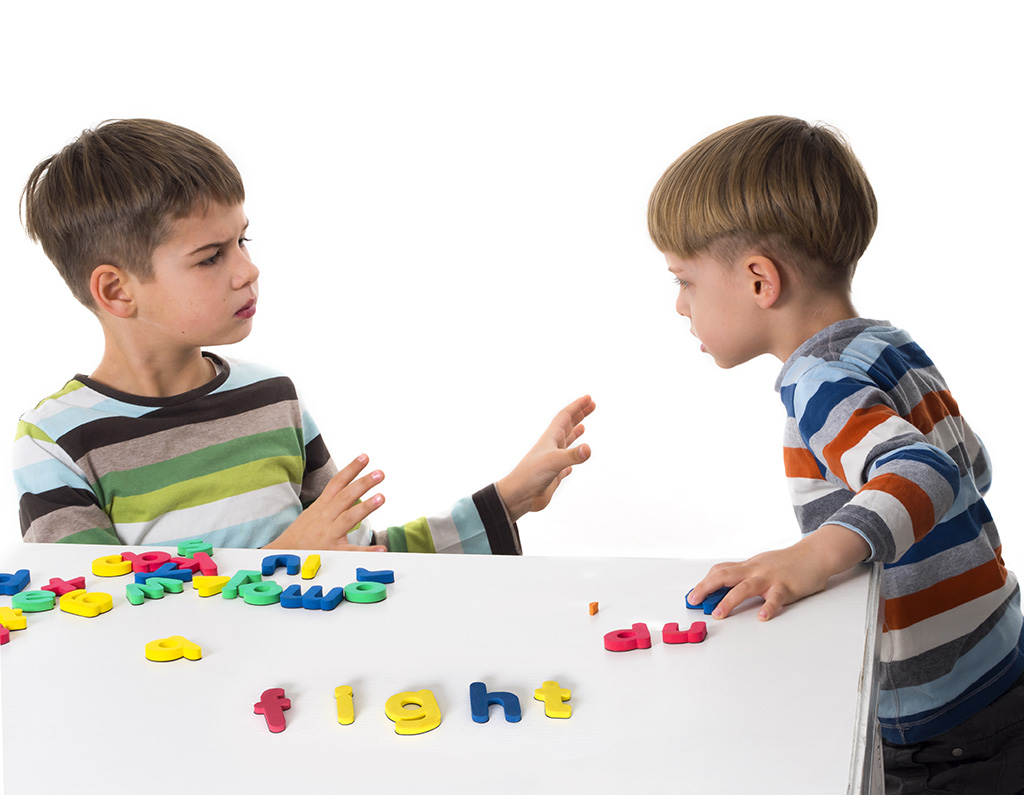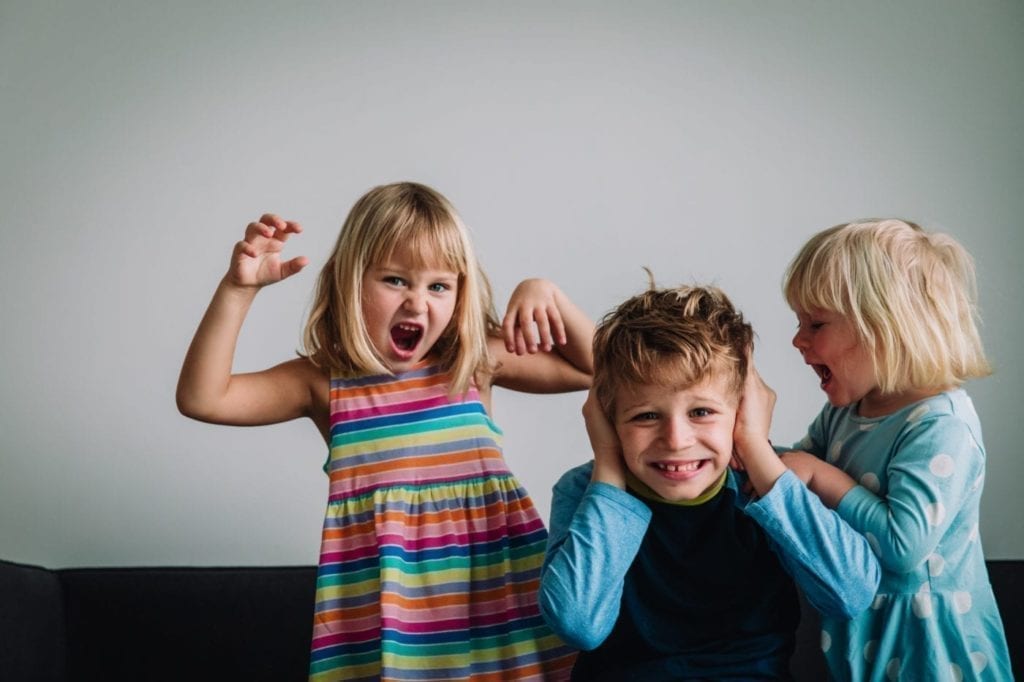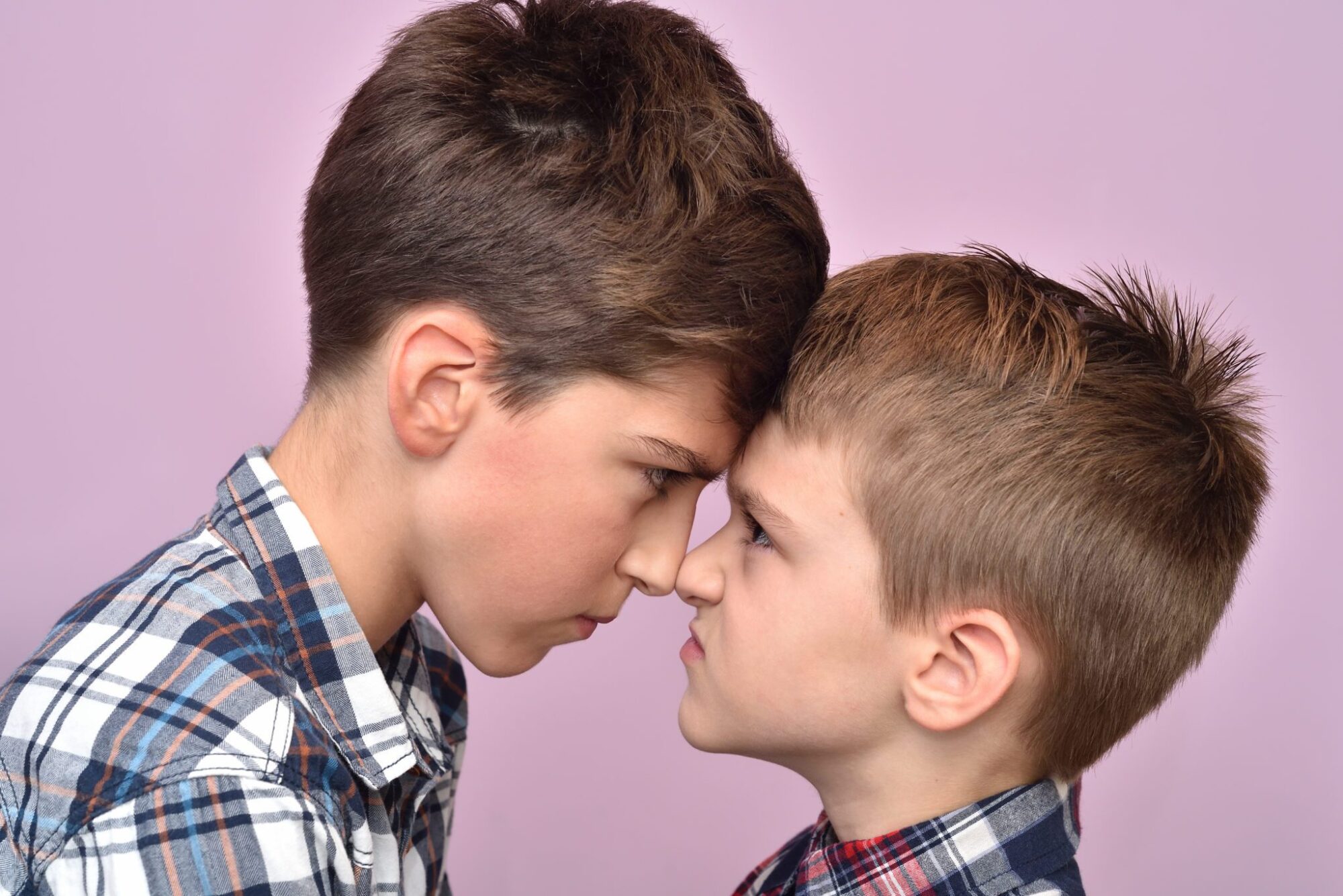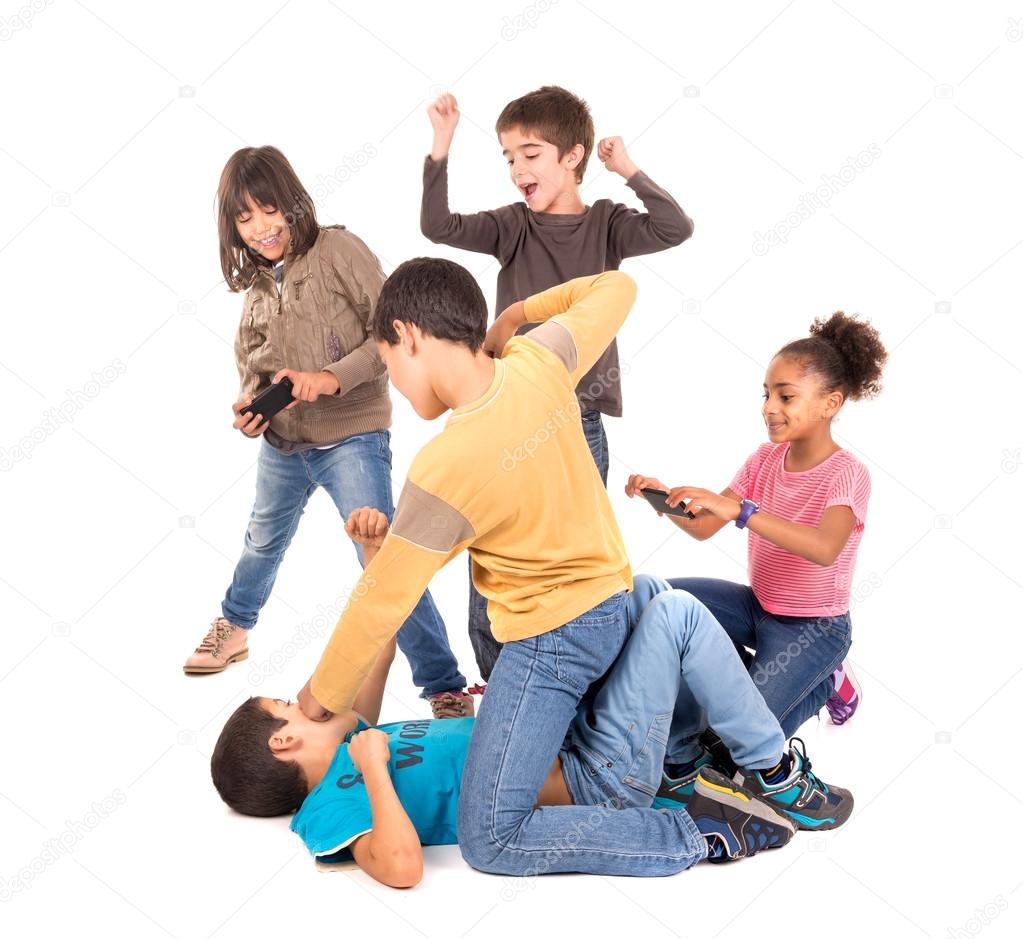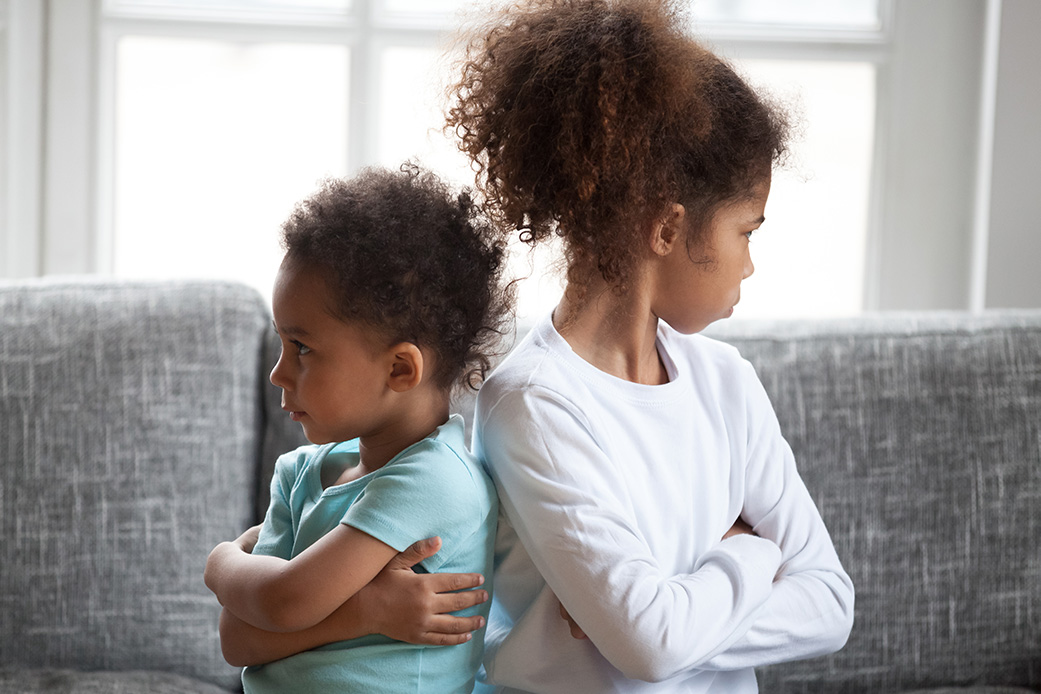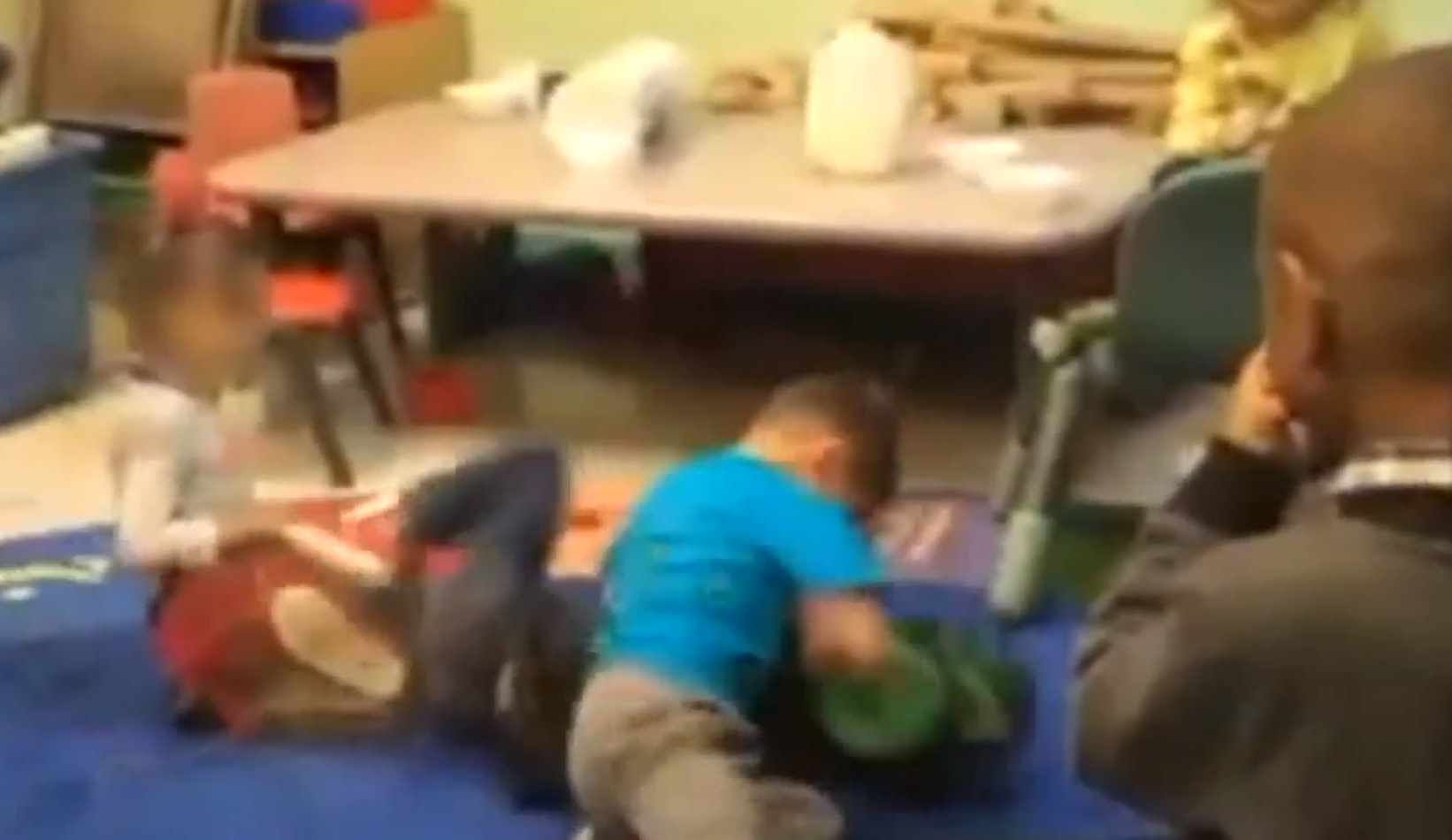Nice Info About How To Deal With Children Fighting
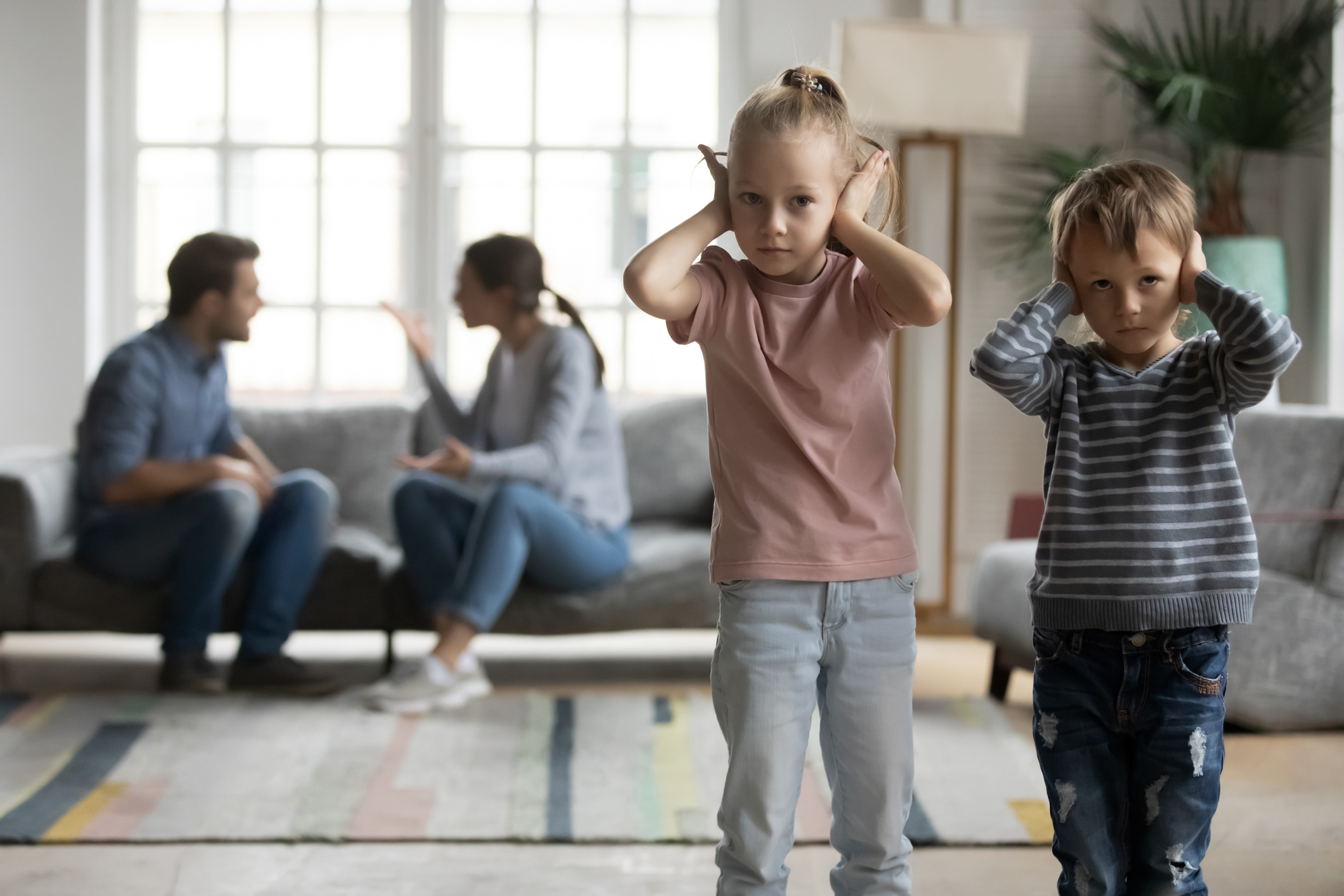
Many of her clients lived through war themselves.
How to deal with children fighting. Stay as calm and as neutral as possible. It is far too common for individuals to view a disagreement as the undoing of a relationship. Remain calm and cool and don’t take fighting personally when fighting occurs, parents often feel that they are fighting with the whole world.
When you engage in constant arguing with your child, over time they will begin to believe they’re your peer and have the power to challenge you. When the fighting starts, don’t join in. Taking a more collaborative, less reactive approach in communicating is key to connecting with struggling adult children.
For example, one child may push another child down and take away a toy. I have plenty of stuff that’s hard with my kids, too. Exam anxiety is a type of performance anxiety characterised by intense feelings of fear, apprehension, or nervousness before or during an examination.
Ways to reduce sibling fighting teach problem solving. And their once darling child now feels like the enemy that must be taken down. Respect their convictions, but emphasize the fact that their actions have consequences.
Stepping between your fighting kids could make them turn on you. Sometimes children are unintentionally rewarded for aggressive behavior. Research indicates that, when mothers favor the younger child (as parents.
Teach your child to say no in a firm tone of voice, to turn their back, or to compromise instead of fighting with their body. Sometimes, kids need physical space between them to deescalate the situation. Give your child time to transition:
Have compassion for what toddlers are experiencing and struggling with. As a coach for parents of struggling adult children, i receive many. It's a normal part of friendship, and one they have to learn how to navigate.
The kids helpline defines bullying as behaviour that is repeated, done on purpose to cause hurt, humiliate or otherwise evoke a negative reaction. From the outside, baćevac seems to epitomise how very. Don't give warnings or reminders to stop.
Whether between besties or casual friends, tears, tantrums, sadness, stubbornness, isolation, indignation, and hurt feelings are possible consequences of these conflicts. This is not helpful to anyone involved! What to do when kids fight 1) stay calm.
Yelling, stomping your foot, or throwing things won’t help. Model the behavior you want to see. Help them come to solutions that both agree on (help them generate the ideas rather than doing it for them).


